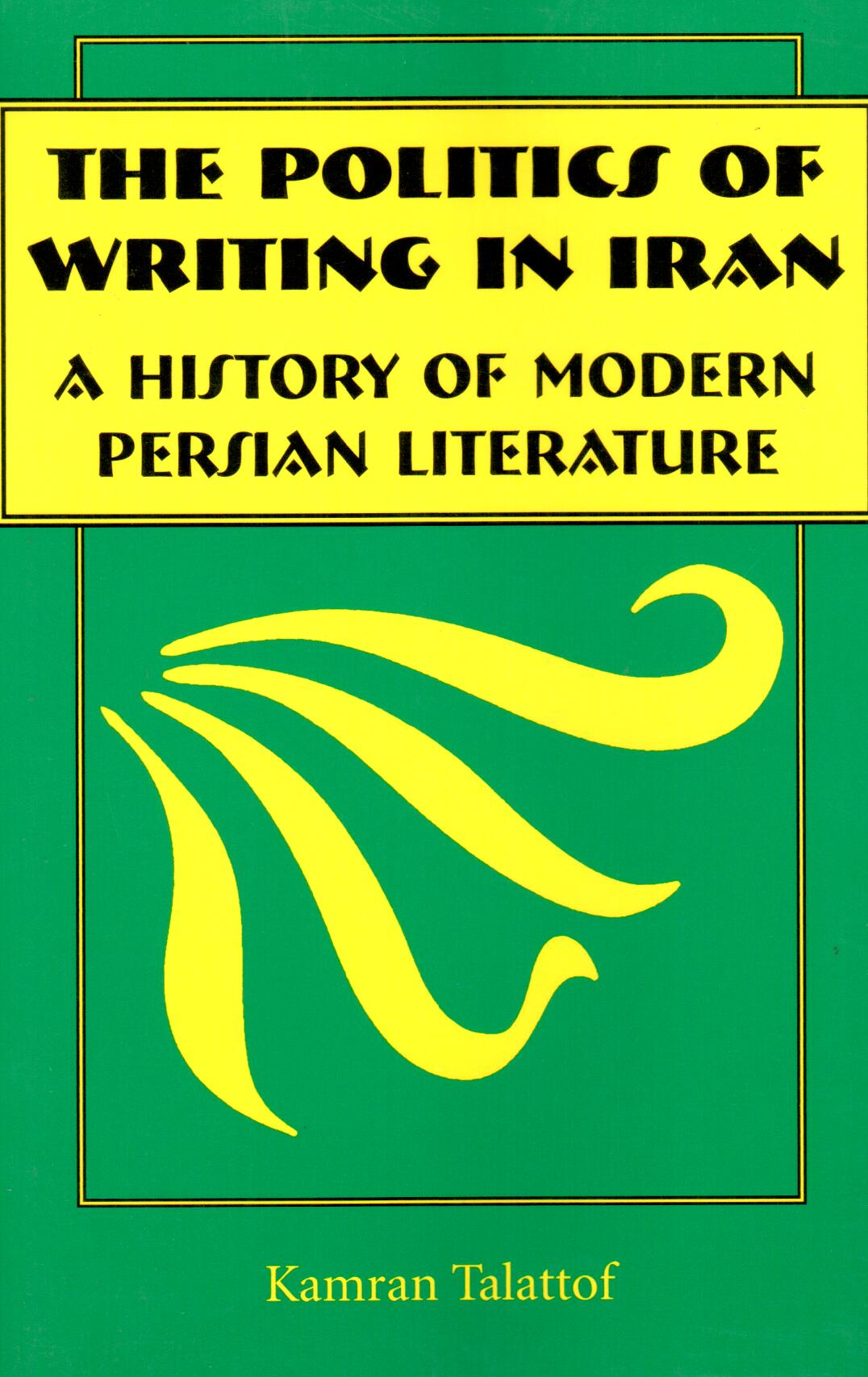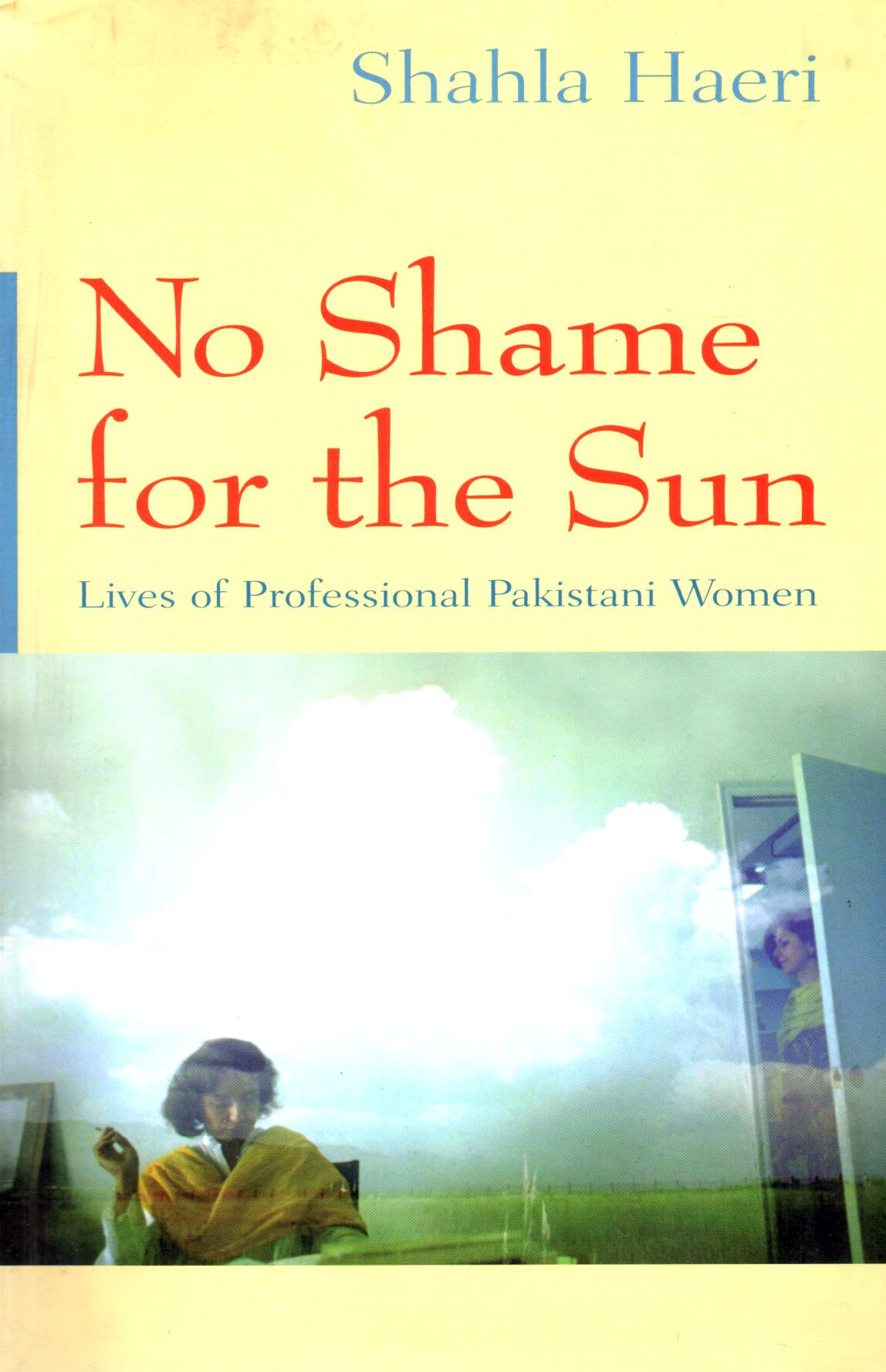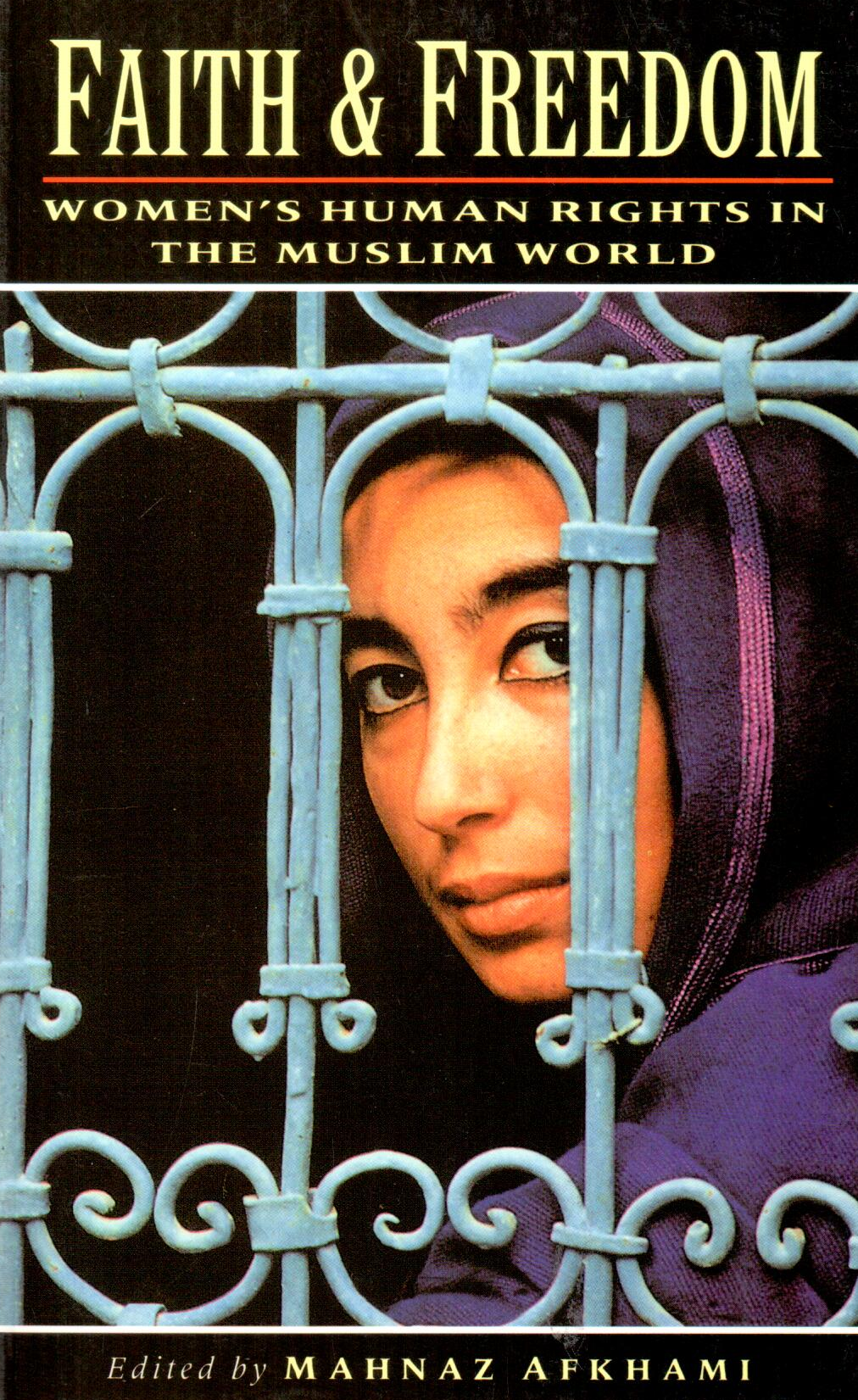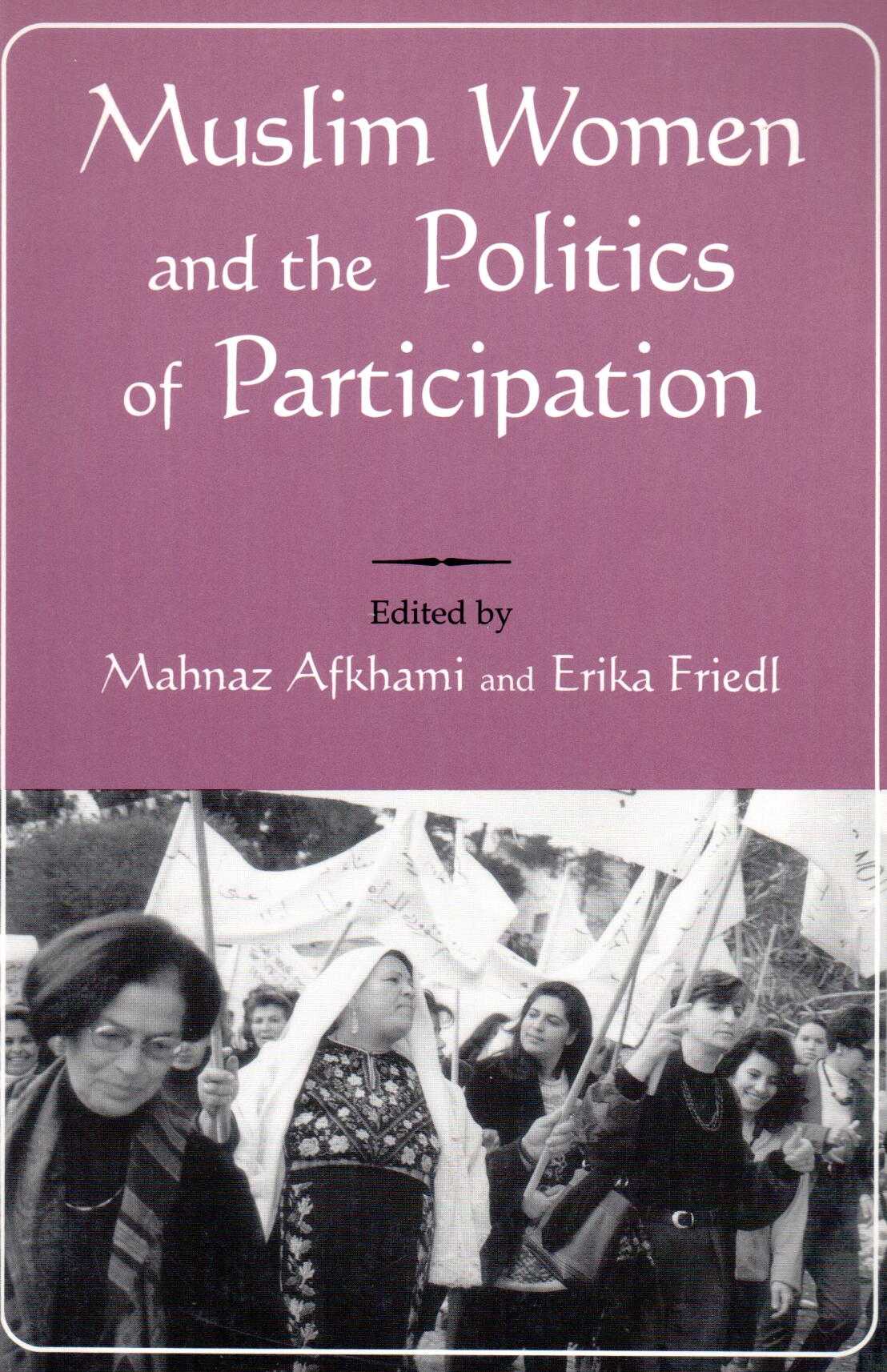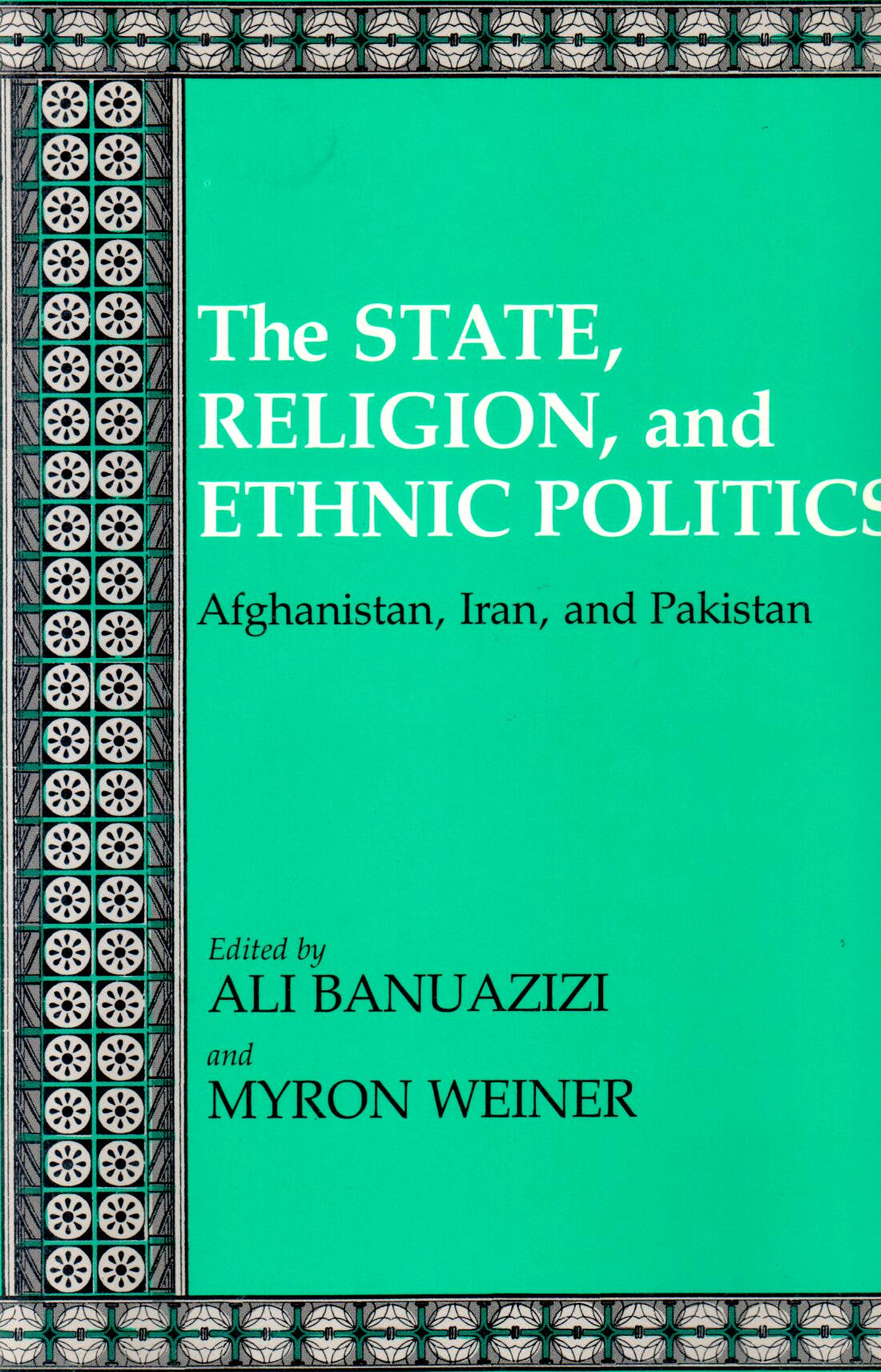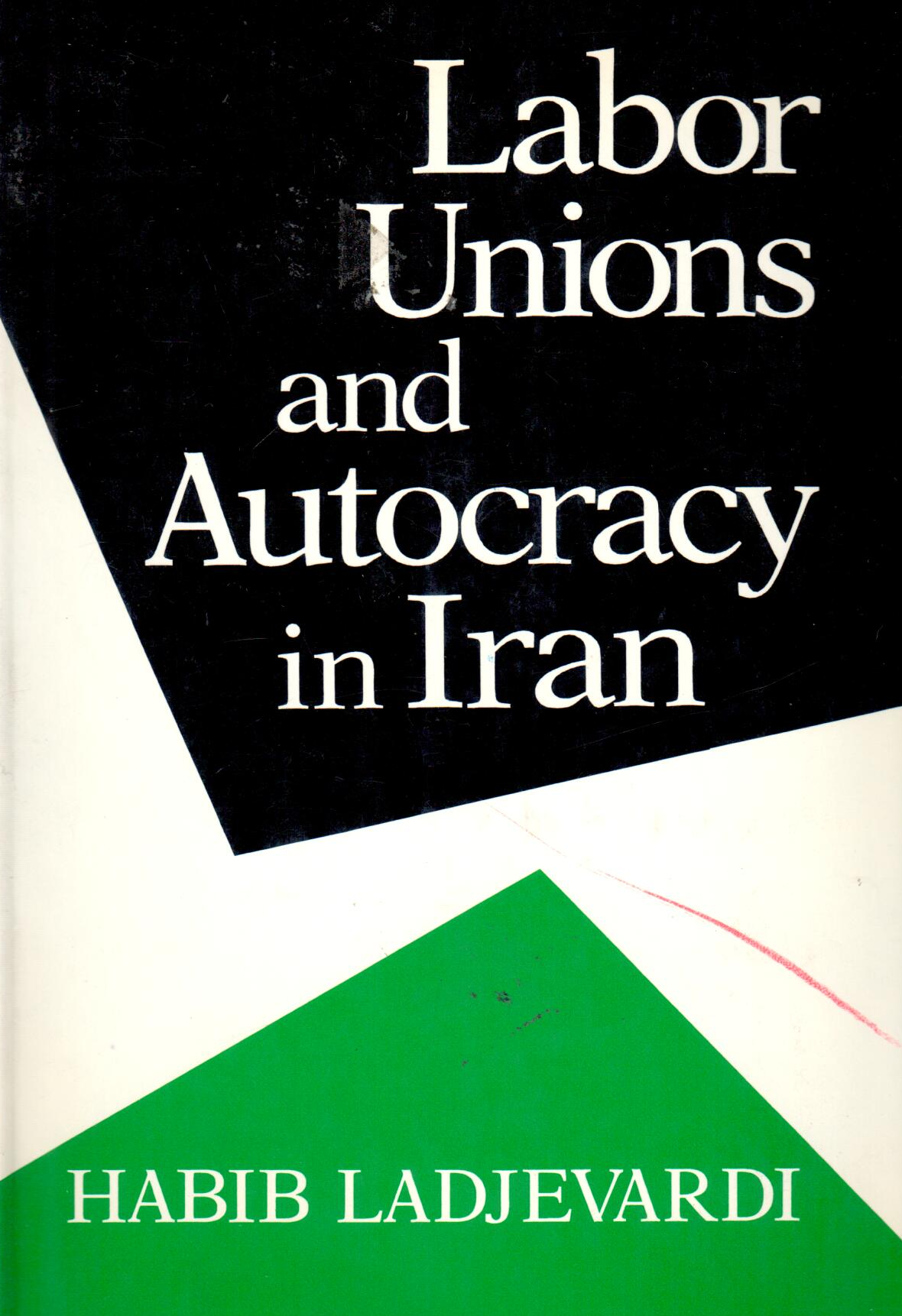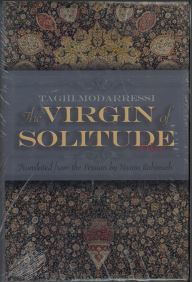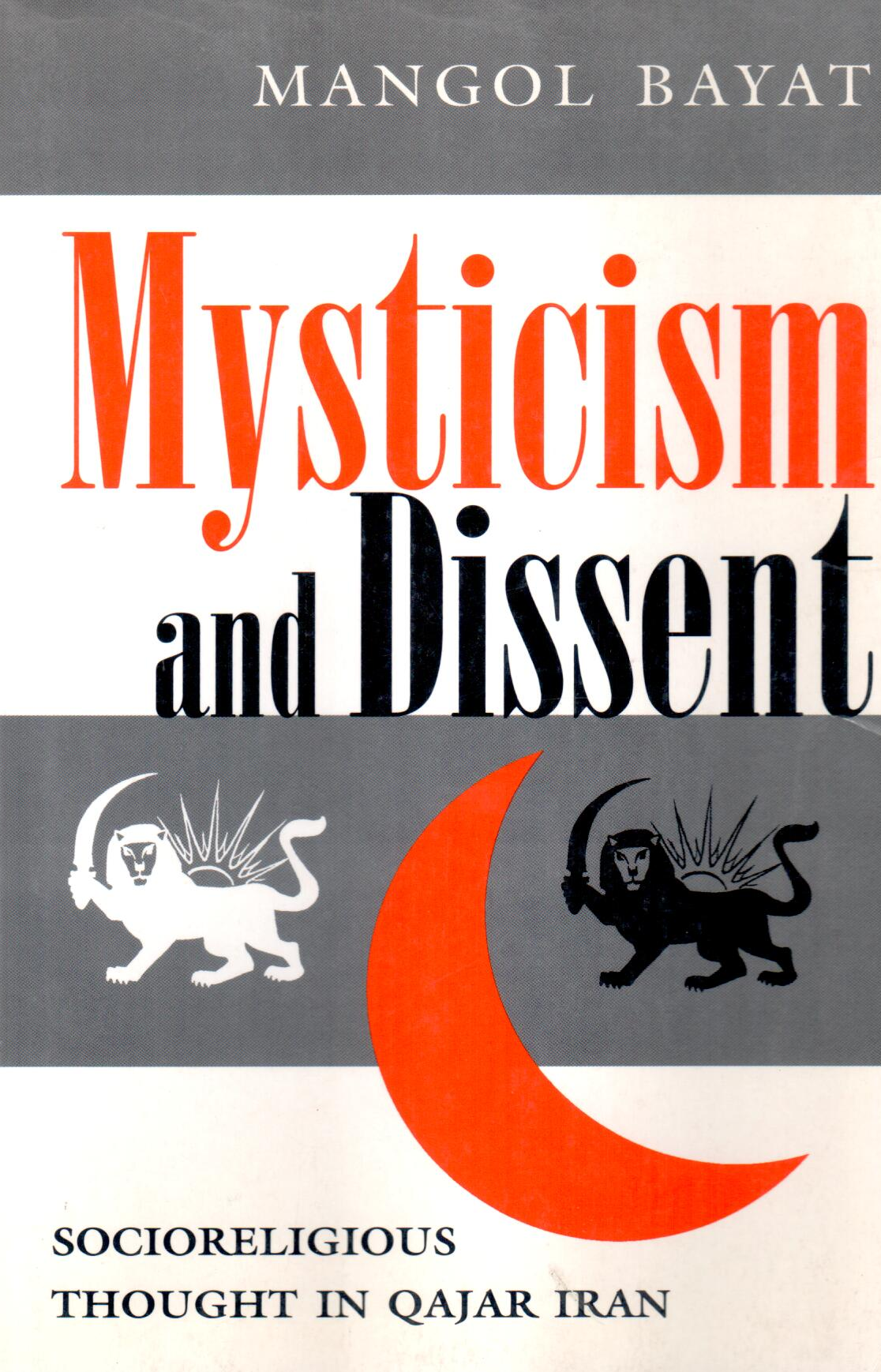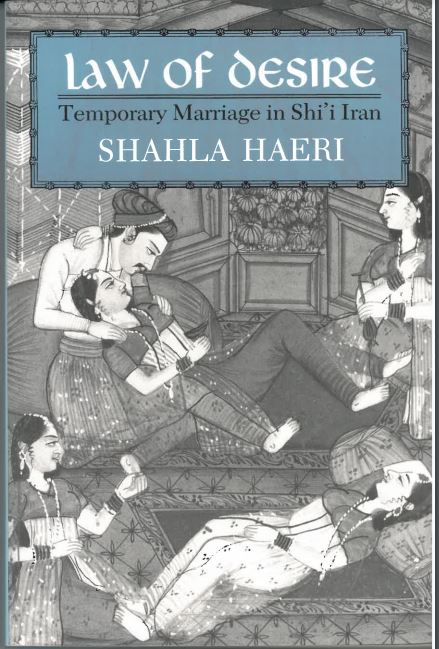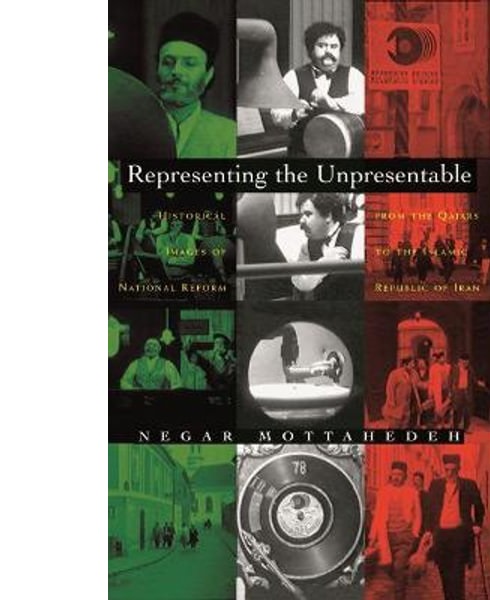The Politics of Writing in Iran: A History of Modern Persian Literature: English 2000
سیاست نویسندگی در ایران: تاریخ ادبیات جدید فارسی
24.09 $
Share
Wishlist
Original Title:
The Politics of Writing in Iran: A History of Modern Persian Literature
ISBN:
0815628196
Publisher:
Syracuse University Press
Age Group:
Adult
Pages:
256
Weight:
372 g
Dimensions:
15 x 23 x 1.8 cm
Book Cover:
Board Books
Emerging in the late nineteenth and twentieth centuries as a secular activity, Persian literature acquired its own modernity by redefining past aesthetic practices of identity and history. By analyzing selected work of major pre- and post-revolutionary literary figures, Talattof shows how Persian literary history has not been an integrated continuum but a series of distinct episodic movements shaped by shifting ideologies. Drawing on western concepts, modern Persian literature has responded to changing social and political conditions through complex strategies of metaphorical and allegorical representations that both construct and denounce cultural continuities. The book provides a unique contribution in that it draws on texts that demonstrate close affinity to such diverse ideologies as modernism, Marxism, feminism, and Islam. Each ideological standard has influenced the form, characterization, and figurative language of literary texts as well as setting the criteria for literary criticism and determining which issues are to be the focus of literary journals.
more
more

